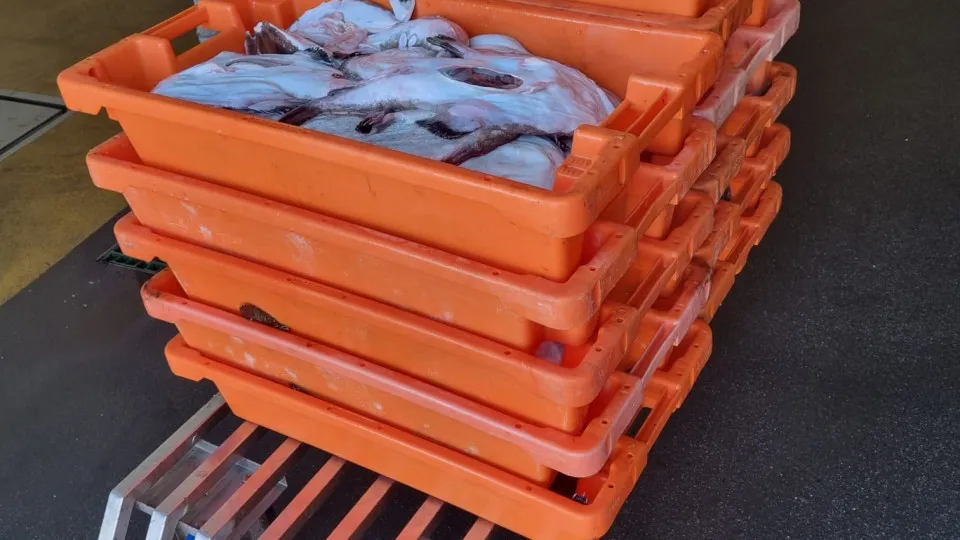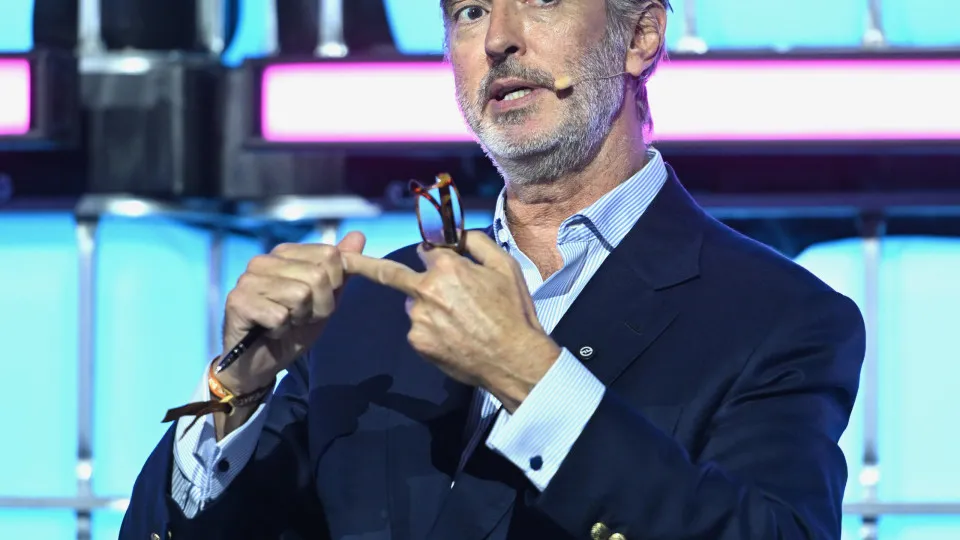
“I am pleased to confirm that we have reached a political agreement on the removal of the current customs duty exemption threshold of 150 euros. Eliminating this exemption threshold ensures that customs duties will be charged from the first euro on all goods entering the EU, just like the Value Added Tax,” announced Danish Economy Minister Stephanie Lose, representing the current presidency of the Council held by Denmark.
This approval by EU finance ministers at a meeting in Brussels—which included Portuguese Minister Joaquim Miranda Sarmento—comes in response “to the large volume of low-cost goods imported from third countries, particularly from Asia and China,” specifically from e-commerce giants like Temu, Shein, and AliExpress, added Stephanie Lose.
“Ending the exemption will address longstanding loopholes that have been systematically exploited to avoid paying customs duties, for example, by undervaluing goods or splitting shipments to keep the value below the previous threshold. This change will also create fairer and more equitable competition conditions between European companies that pay customs duties on all imports and non-EU companies that sell low-value goods directly to European consumers without paying customs duties,” the Danish minister further stated.
The new rule will come into effect once the EU’s customs data center—a proposed central platform for interacting with customs and strengthening controls—is operational, which will be no later than 2028.
Due to the scale of the problem, the EU Council requested a simple, temporary solution to charge customs duties on these goods as early as next year, to ensure quick implementation, while providing the time needed to develop the necessary customs data center for the new system.
European companies, particularly retailers, have repeatedly highlighted the need to eliminate this competition distortion.
The measure now agreed upon aims to ensure fair competition with European retailers, reduce the large volume of small parcels (which are approximately 4.6 billion in 2024, 91% of which originated from China), enhance the control of non-compliant products, and cover customs costs.
Currently, many of these shipments enter the EU without paying fees and without proper safety, environmental, or quality controls.
The European Commission, therefore, intends to remove the exemption threshold and introduce a fee of about two euros per order, hoping to implement this by 2026.




